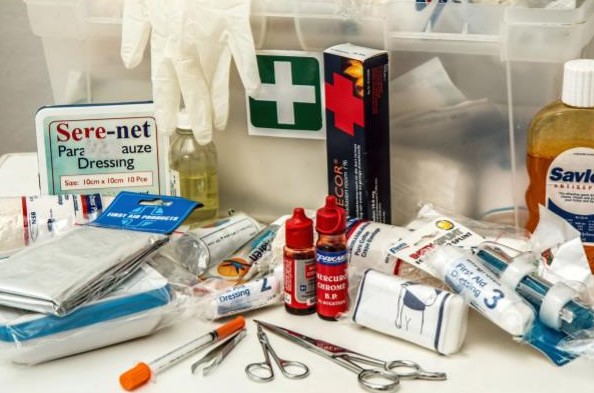28
Sep 2017
Prepping Your Child for a Hospital Stay
Published in General on September 28, 2017

If your child is staying overnight or longer at a hospital, it may be a stressful experience for them and you. Hospitalization involves a disruption of routine, separation from loved ones and an invasion of perceived privacy. As a parent, you may be unsure how to talk to them about their stay or what to say to prepare them. You may be concerned with how much information is too much or too little.
Fortunately, this is a subject of study for many medical and mental health providers that care for children specifically.
Mitigating stress and anxiety
Telling your child what to expect in a specific and age-appropriate manner can help reduce their anxiety and stress. Correcting misconceptions can aid in a positive hospital experience by increasing confidence in themselves and the process. That can result in better sleep and less general distress.
To do this, encourage them to ask questions. Determine what their preconceptions are. The goal is to discover how curious your child is and what they need to know to remain calm. Have a discussion and request they repeat information back to you. If it's negative, help them find a more positive or balanced view. Be sure to maintain a calm tone throughout the conversation. With younger children, reading books to them about going to the hospital can be helpful.
When talking about their stay, explain what they will experience directly. What will they see, feel, smell and hear at different points of their hospitalization? You can take them to the hospital and talk to them about what you see. This familiarization aids them the child knowing what to expect and makes them feel better prepared.
Remaining truthful throughout your explanation will help avoid a rose-tinted perspective that may be damaged during the stay. Early experiences tend to shape future perspectives and a realistic view is less likely to develop a phobia. Try not to state what "will" happen, but what "may" happen. Create realistic expectations and maintain your calm and non-threatening tone throughout.
Trust your child
With realistic expectations and a positive outlook, your child stands to have a far less stressful experience in the hospital. Remind them a caretaker or you will see them as often as possible. If they're very young or you'd like to go the extra mile, give them a reminder of home such as a picture or stuffed animal to help them feel comfortable.





